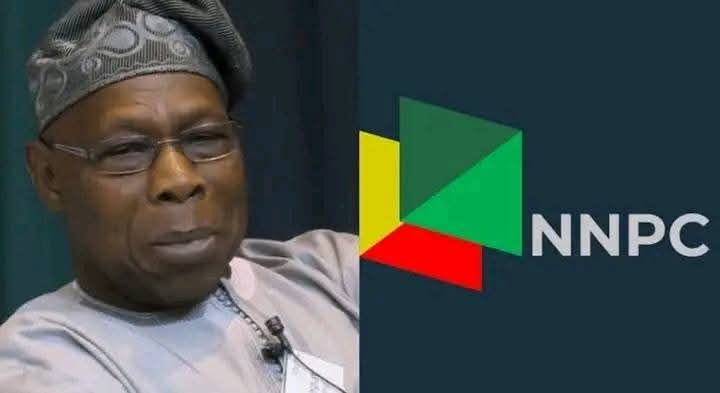Former President Olusegun Obasanjo has criticized the Nigerian National Petroleum Corporation Limited (NNPCL) for its recent invitation to tour the Port Harcourt Refinery and verify its operational status. The invitation followed Obasanjo’s remarks during an interview with Channels Television, where he questioned the efficiency of the refinery, citing advice from Shell Petroleum Development Company (SPDC). According to Obasanjo, SPDC’s concerns about corruption at the refinery raised doubts about its functionality.
In a statement, NNPCL’s Chief Corporate Communications Officer, Olufemi Soneye, defended the organization’s efforts, emphasizing its commitment to transparency and accountability. Soneye invited the former president to inspect the progress made at the refinery since its rehabilitation, highlighting the comprehensive overhaul undertaken to align the facility with international standards. He noted that similar projects were ongoing at the Warri, old Port Harcourt, and Kaduna refineries.

Soneye also underlined NNPCL’s transition from a government corporation to a private entity, stating that the shift had reoriented the company’s focus towards profitability and global competitiveness.
However, Obasanjo, through his media aide Kehinde Akinyemi, dismissed the invitation as disrespectful. Speaking to Punch, Akinyemi revealed that no formal invitation had been sent to the former president as of January 2, 2024. Obasanjo described the public announcement of the invitation as an “absolute insult,” criticizing NNPCL for failing to follow proper protocols.
“Is that the right way to invite a former president of the country? Who says Baba has even seen the statement or read the news? It is a total disrespect for the office of the former president,” Akinyemi said. “Ask the NNPCL that as of January 2, have they written to him? Is there any official letter addressed to him, inviting him to the refinery? It is an absolute insult, and the former president cannot dignify such with a response.”
The controversy has sparked debates over NNPCL’s approach and the broader issues surrounding Nigeria’s refinery rehabilitation projects. Critics argue that addressing corruption and operational inefficiencies is essential for achieving meaningful progress in the oil and gas sector.



